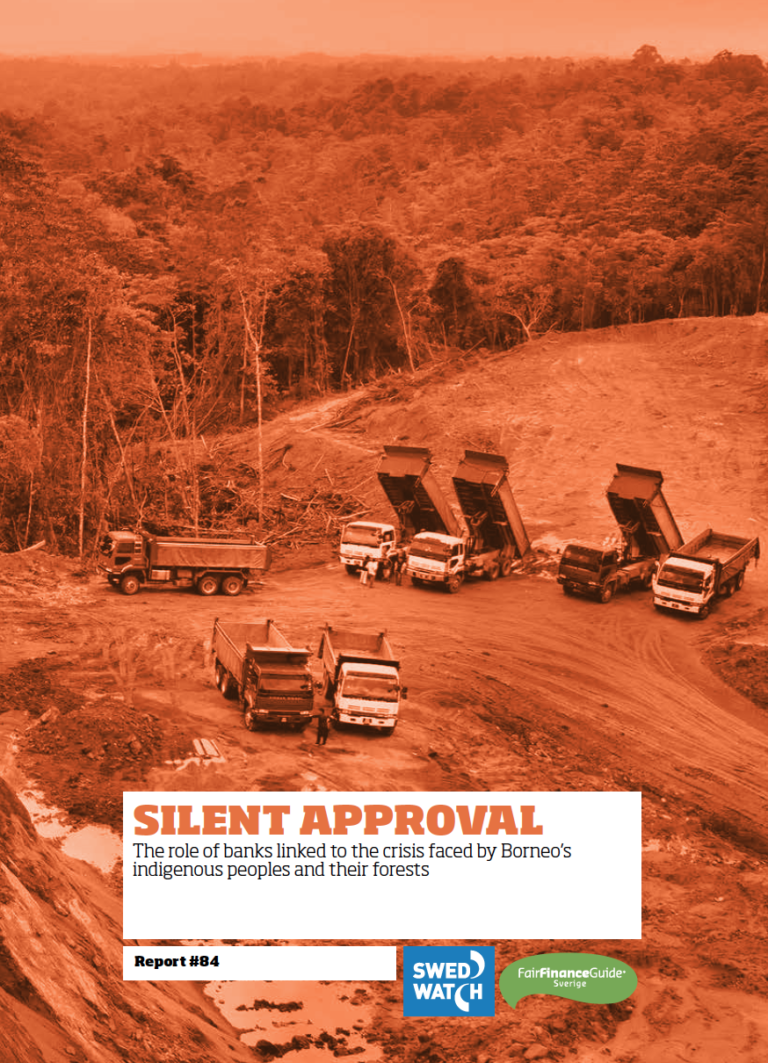From fish to fishworker traceability in Thai fisheries reform
PublicationsThis paper explores the question of what traceability systems mean for the labour situation of fish- workers; for whom and in what respects is traceability effective, and what impact do these systems have? The limited social criteria in fi...Read More

